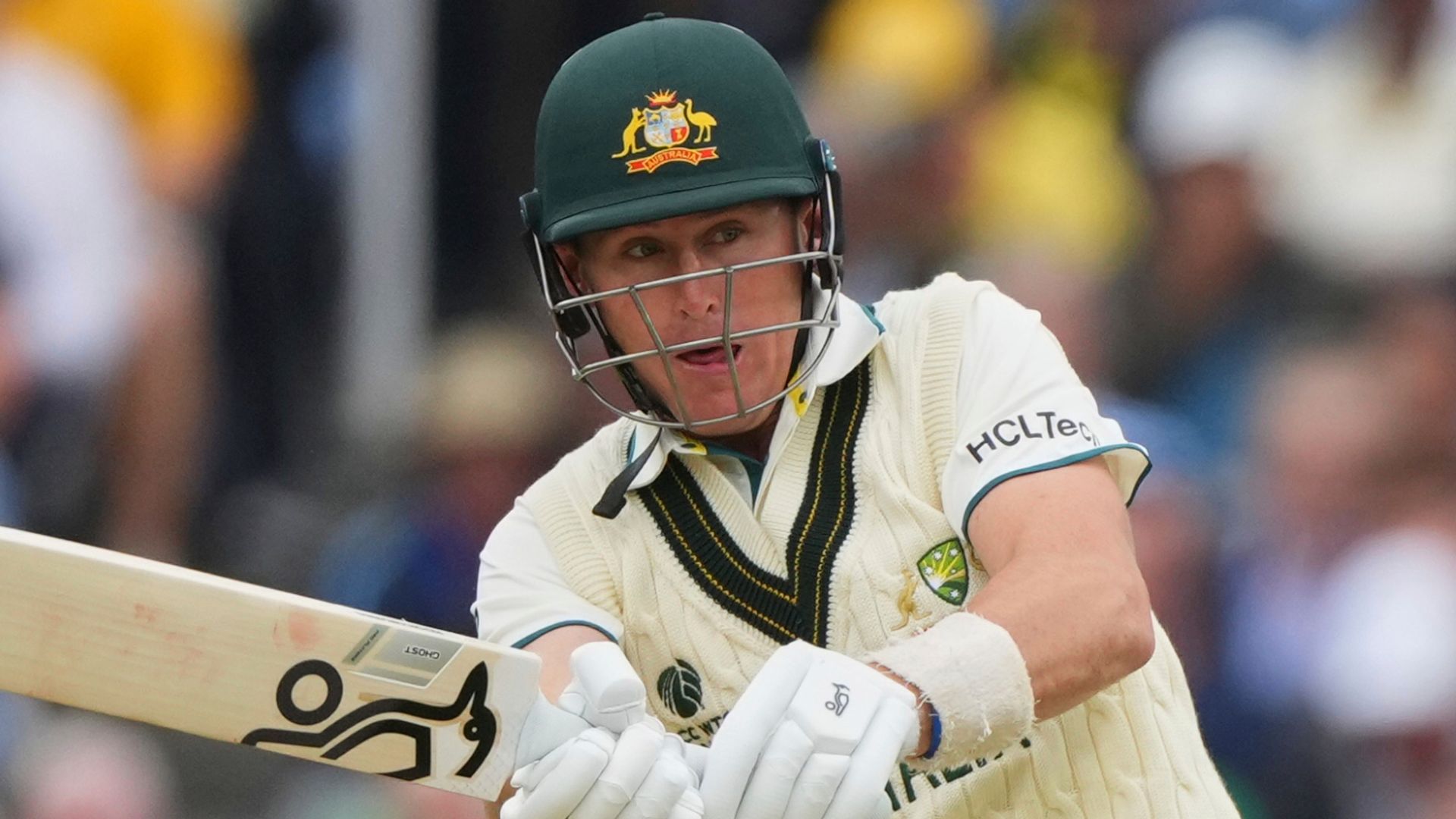Australia’s Recklessness in Ashes Selection Mirrors Political Turmoil, Favoring Controversial Choices Over Proven Talent in a Bid for Glory
In a move that has sparked significant debate and division among cricket fans and analysts alike, the Australian cricket team has announced the recall of Marnus Labuschagne and the potential debut of Jake Weatherald for the first Ashes Test in Perth. This decision echoes the tumultuous decisions often seen in political arenas, where the choice of candidates can polarize the electorate. The selection of Labuschagne, a player with a proven track record, alongside Weatherald, who has yet to demonstrate his capabilities at this level, raises questions about the criteria being used to assemble the team.
Marnus Labuschagne, once a staple in Australia’s batting lineup, has had a rollercoaster journey in international cricket. After initially being dropped, he made a significant comeback, showcasing his skills with impressive performances that solidified his place as a leading batsman. His recall comes at a crucial time, as Australia faces fierce competition from England in the Ashes series, a tournament steeped in historical rivalry and national pride. Labuschagne’s experience and ability to handle pressure are essential assets for Australia, particularly in the context of the high stakes that the Ashes represent.
On the other hand, Jake Weatherald’s inclusion in the squad has generated mixed reactions. While Weatherald has shown promise in domestic cricket, with notable performances in the Big Bash League, questions linger over whether he is ready for the intensity of Test cricket against a formidable opponent like England. Critics argue that selecting a relatively inexperienced player at such a pivotal moment could backfire, especially if he struggles to adapt to the pressures of the international stage. This scenario could mirror the situations seen in political landscapes where inexperienced leaders are thrust into power, often with disastrous consequences.
The Ashes series is not only a contest of skills on the field but also a reflection of the broader cultural fabric of Australia and England. The historical significance of this rivalry cannot be overstated; it represents pride, tradition, and the evolution of cricket itself. As Australia prepares to defend its home turf, the decisions made by the selectors will be scrutinized not only for their immediate impact on the series but also for their implications on the future of Australian cricket. The tension between selecting experienced players versus giving opportunities to emerging talents is a constant theme in sports, much like the debates surrounding political appointments and electoral choices.
The ramifications of these selections extend beyond the playing field. The pressure on selectors to justify their decisions to fans, media, and stakeholders is intense. This pressure can lead to a reactive approach where selections are made not purely on merit but rather based on public sentiment or the desire to create headlines. Such a mindset can undermine the foundational principles of team selection, which should prioritize performance, consistency, and the ability to perform under pressure.
Parallels can be drawn between the current selection strategy and historical moments in politics where leaders have made choices that favored popularity over substance. The ramifications of such decisions can be profound, leading to public disillusionment and a loss of faith in leadership. In the case of Australian cricket, the long-term effects of these selections could influence the development of younger players and the overall direction of the national team.
As the first Test looms on the horizon, the cricketing community holds its breath, awaiting the outcomes of these selections. Will Labuschagne’s experience provide the stability Australia needs, or will Weatherald rise to the occasion and prove the doubters wrong? The dynamics of this Ashes series may well set the tone for Australian cricket in the coming years, influencing not only the players on the field but also the broader conversations about cricket’s place in society and the values it represents.
The Ashes are more than just a series of cricket matches; they are a cultural phenomenon that encapsulates the spirit of competition and national identity. The decisions made by selectors will resonate far beyond the immediate outcomes of the games, shaping the legacy of Australian cricket for generations to come. In this context, the choices of Labuschagne and Weatherald become emblematic of a larger narrative about risk-taking, innovation, and the evolving nature of talent identification in sports.
As the cricketing world watches closely, the unfolding drama in Perth will likely ignite discussions that transcend the sport itself, prompting reflections on leadership, accountability, and the quest for excellence in the face of uncertainty. The echoes of this Ashes series will be felt long after the final ball is bowled, reminding us that in both sports and politics, the choices we make today lay the groundwork for our future.

